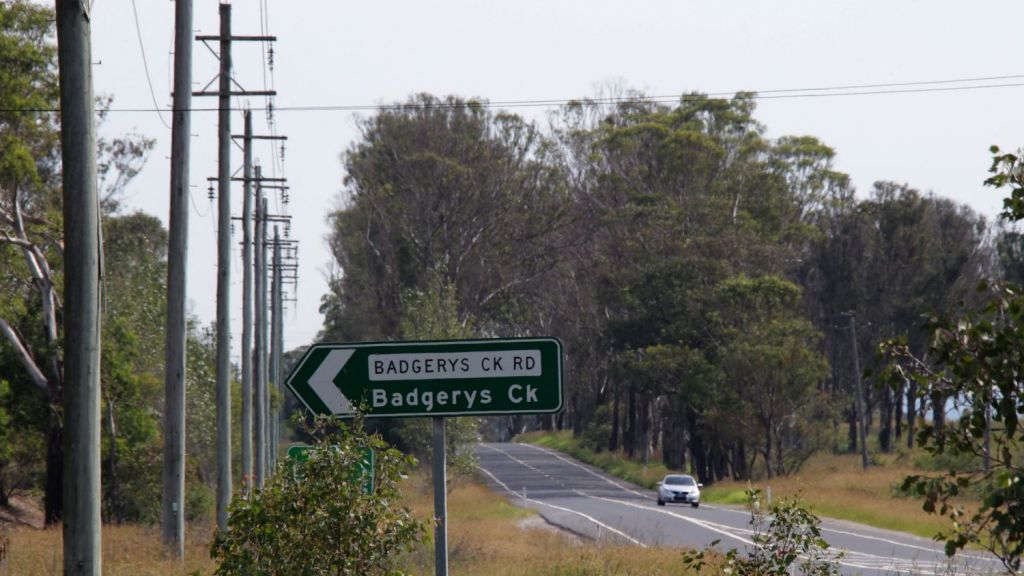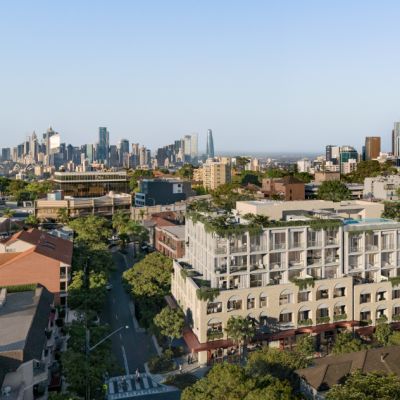
Should you buy property near the new Western Sydney Airport?
It’s Australia’s single biggest development project, so does the area around the construction of the Western Sydney Airport metro line offer fabulous investment opportunities? Or is it a vast building site with no end in sight that’s best avoided?
And the answer is … a bit of both.
“It’s catering for a major expansion of population growth there, so you’re looking at massive spending on infrastructure, roads, hospitals, housing, schools, everything,” says Kate Hill, the founder of property advisors Adviseable, who’s been buying in nearby Penrith from 2016.
“They’re building a whole aerotropolis and, to borrow the line from the movie Field of Dreams, ‘If you build it, he will come’. But you can’t get everything all at once. Once the community is established, then the rest of the infrastructure will come. So, you have to be patient as it’s a long-term project and be aware that governments change and things can change, too.”
The area’s airport earthworks, rail stations, tunnels, bridge, data centres, and residential development have driven billions of dollars in investment and, according to Premier Chris Minns, thousands of new jobs.

On the other hand, Urban Taskforce Australia’s chief executive, Tom Forrest, has criticised the lack of action on more vitally needed infrastructure, namely water and other nearby road upgrades, that he believes is hampering economic activity.
However, Julian Fadini, founder of investment advisors PRPTY 360, says a significant part of his investor philosophy is based on buying property around infrastructure, particularly airports and hospitals.
While he likes to avoid any that he thinks is likely to be fraught with traffic congestion, an infrastructure spend indicates that the area is expected to attract employment and offer a better quality of life for its residents.
“At the moment, the country is undersupplied significantly in housing so the new housing that will be built there, and the jobs to come, are definitely also good indicators of how property prices will go in the future,” Fadini says.
“More infrastructure will come and catch up, like childcare and schools, and make the area even more appealing in the long term.”

Of course, some of the earliest investors have done best since the original announcement of the plans for an airport for Western Sydney, with land prices in the vicinity doubling from 2008 to 2012 from the original $300,000 to $500,000 an acre [0.4 hectares], says Paul Glossop of Pure Property Management.
Later, the 2016-17 rezonings from rural to R2 for low-density housing, R3 for townhouses and villas, and R5 for apartments meant land prices shot up again, with some in prize positions being exchanged for $1 million an acre.
“But for the average investor today, we’re recommending they buy free-standing houses in higher-density areas nearby like St Marys and Claremont Meadows,” Glossop says. For less money, an alternative would be buying into the 1960s or 1970s red brick double-storey walk-ups with an entry-level of $400,000 to $600,000.
“These older apartments in small blocks are generally well built and can grow in value, along with their land area.”



